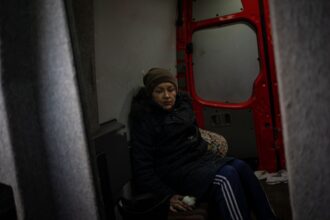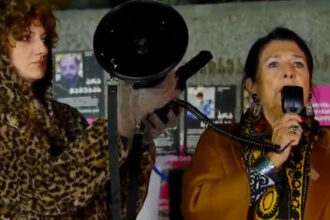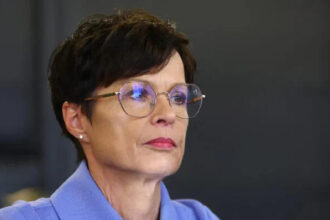According to outgoing NATO Secretary General Jens Stoltenberg, each NATO country will have the freedom to decide whether or not to allow Ukraine to use Western weapons for long-range strikes into Russia. In an interview with the U.K.’s LBC Radio on Sept. 16, Stoltenberg emphasized the importance of close consultation among allies on this issue.
Ukraine is seeking permission to use Western-supplied long-range missiles to target military sites deep inside Russian territory. However, despite high anticipation for a decision during meetings between President Joe Biden and U.K. Prime Minister Keir Starmer in Washington last week, no announcement was made.
As discussions on the matter progress, Russian President Vladimir Putin and other officials have increased their rhetoric, claiming that such a move would mean NATO is directly at war with Russia. Stoltenberg acknowledged these threats but also stated that there are no risk-free options in war. He also expressed concern that if Putin were to succeed in Ukraine, it would pose the biggest risk for NATO.
Despite the saber-rattling, some NATO countries have already begun to shift their stance on long-range strikes. The Guardian reported on Sept. 11, citing unnamed U.K. officials, that the British government has already made a positive decision regarding the usage of its Storm Shadow missiles. This decision was made ahead of a joint trip by U.S. Secretary of State Antony Blinken and U.K. Foreign Secretary David Lammy to Kyiv.
Other countries, including Sweden, Finland, and Canada, have also expressed their support for Ukraine using Western-supplied weapons to strike deep into Russia. However, German Chancellor Olaf Scholz has stated that Germany will not allow Ukraine to use its weapons for such long-range strikes, even if other countries decide otherwise.
Read More @ kyivindependent.com




